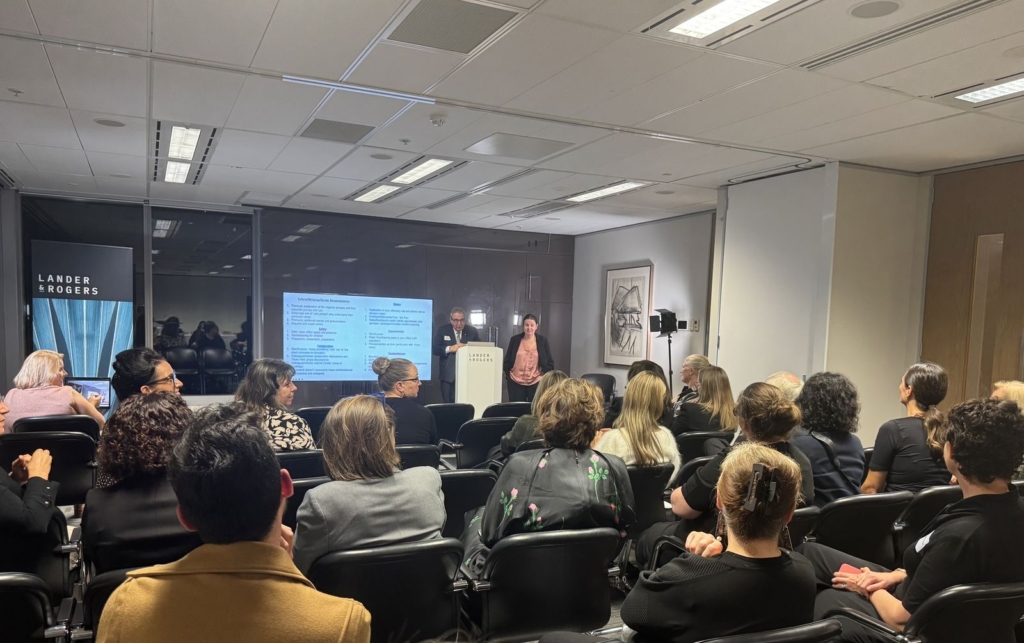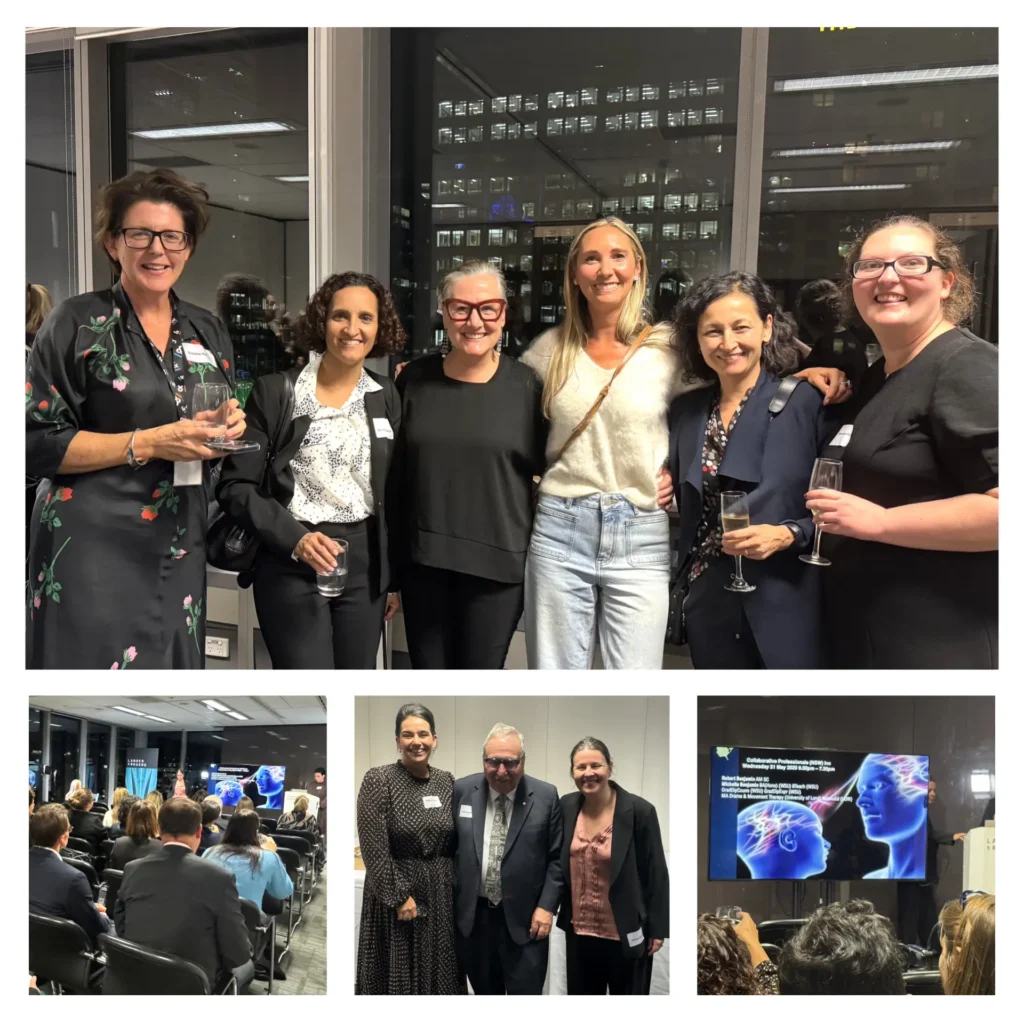Read next
How Financials Bring Value to the Collaborative Table – Member Event 7 August 2025
Financial advisers are key players in the collaborative process. Traditionally involved only after settlement in traditional family law…
Update: We’ve now published the recording of the presentation in the Members Area. Members can watch it by logging into the Members section.
On 21 May 2025, CPNSW was honoured to host a deeply engaging and timely seminar on Trauma-Informed Practice, led by former judge of the Family Court of Australia Robert Benjamin AM SC, and his daughter, Michelle Benjamin, a Trauma Informed Education Specialist. The event was not only well received but acknowledged as essential learning for all collaborative professionals.
Robert and Michelle presented with wisdom, warmth and clarity, drawing on contemporary research, clinical frameworks, and powerful personal insight. Their message was clear: trauma is no longer the exception in family law—it is the norm. Findings from the Australian Child Maltreatment Study (2023) showed 66% of Australians reporting childhood maltreatment and nearly 40% of having experienced domestic or family violence as children. Data from the Federal Circuit and Family Court of Australia shows that at the initial point of filing, 64% of parties allege they have experiences family violence and 57% of parties allege a child has experienced family violence. The likelihood that clients in the family law system are carrying with them the lasting impacts of trauma is high.

The presentation provided an accessible and profound overview of trauma’s effect on the brain and body, distinguishing between single-incident (Type 1) and complex, ongoing trauma (Type 2), as well as intergenerational trauma. Importantly, they explored how trauma presents in client behaviours and responses, and how professionals can respond with compassion, clarity and purpose—by maintaining safety, trust, collaboration, empowerment, and cultural responsiveness.
Equally valuable was the focus on vicarious trauma: the subtle, cumulative impact on professionals who continually engage with others’ distress; and vicarious resilience: the positive and rewarding experiences derived from those working with individuals who have experienced trauma, who experience newfound meaning in their life and work. Attendees reflected on the need for personal boundaries, structured debriefing, and practices that foster vicarious resilience.
Trauma-informed practice is not a trend or a soft skill. It is foundational to effective, ethical and sustainable work in collaborative law.
For CPNSW members, a recording of the seminar will soon be made available via the member resources page. We encourage all members—whether lawyers, coaches or financial advisers—to watch and share it with their teams. It is a powerful reminder that while trauma is common, so too is the capacity for healing, dignity and transformation—when we are willing to meet our clients (and ourselves) with knowledge and kindness.
Stay tuned for further CPNSW events that continue this important conversation.
